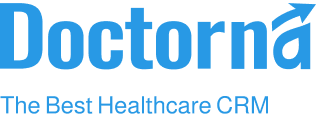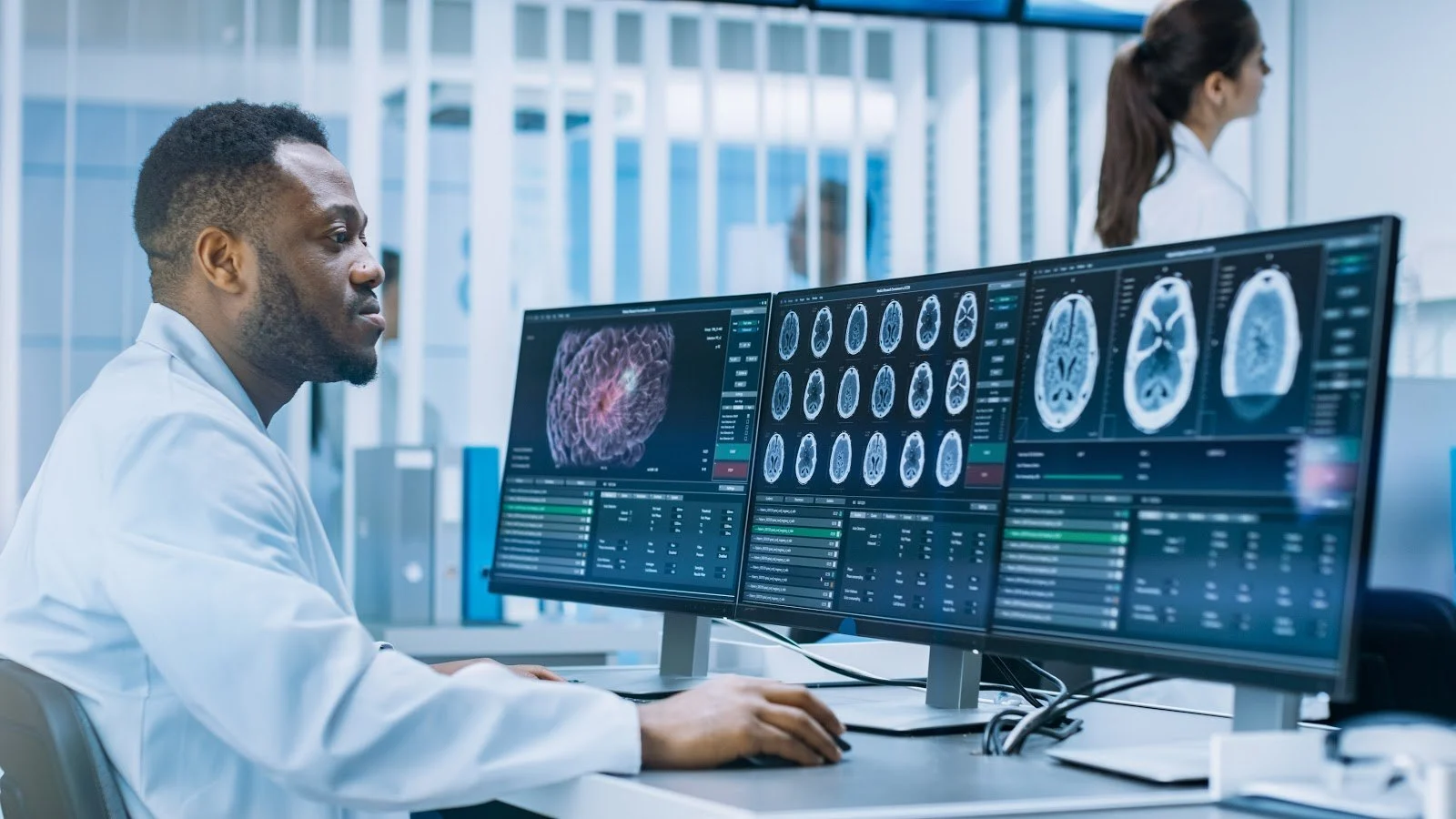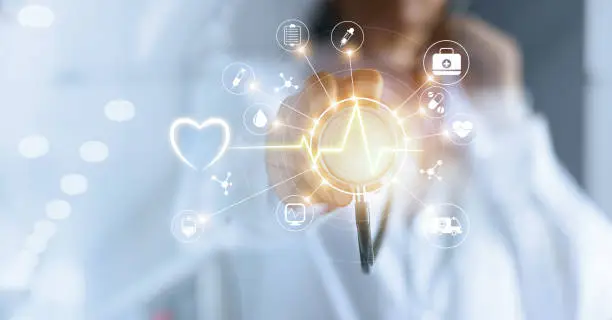In today’s fast-paced healthcare environment, managing patient relationships efficiently has become more critical than ever. With rising patient expectations, tighter regulations, and the need for personalized care, healthcare organizations are turning to technology for smarter solutions. One tool that stands out in transforming patient engagement and operational efficiency is the Healthcare CRM (Customer Relationship Management) system.
A Healthcare CRM helps organizations manage and analyze patient interactions, streamline communication, and improve care delivery. But who exactly benefits from using such systems? The truth is—everyone involved in the healthcare ecosystem. From hospitals and clinics to insurance providers and even patients themselves, a Healthcare CRM brings value across the board.
In this blog, we’ll explore the various stakeholders who benefit from Healthcare CRM systems and how these tools are reshaping the way healthcare organizations operate.
1. Hospitals and Healthcare Organizations
Hospitals are at the heart of the healthcare system, and they handle thousands of patient interactions every day. Managing these efficiently can be challenging without a unified system. This is where a Healthcare CRM becomes invaluable.
Benefits for hospitals include:
- Centralized Patient Data: A CRM stores and organizes patient information, including demographics, appointments, medical history, billing, and communication records, all in one secure platform.
- Improved Communication: Automated reminders, alerts, and follow-ups ensure patients are informed about their appointments and treatments, reducing no-shows and cancellations.
- Enhanced Patient Retention: Hospitals can use CRM insights to launch engagement campaigns, such as wellness programs or preventive care initiatives, to maintain long-term relationships with patients.
- Operational Efficiency: By automating routine administrative tasks, hospitals can reduce manual workloads, allowing staff to focus more on patient care and less on paperwork.
In short, a CRM helps hospitals deliver coordinated, efficient, and personalized healthcare while improving overall patient satisfaction.
2. Private Clinics and Specialty Practices
Private medical practices and specialty clinics—such as dental, dermatology, physiotherapy, or mental health centers—often face the challenge of managing smaller but more personalized patient bases. For them, a Healthcare CRM offers tailored benefits that enhance both care quality and business growth.
Benefits for clinics include:
- Personalized Patient Interaction: CRMs enable targeted communication, such as sending follow-up care reminders or special offers for returning patients.
- Appointment Management: Automated scheduling and reminders help reduce cancellations and keep patient flow consistent.
- Marketing Automation: Clinics can run email or SMS campaigns for health tips, promotional packages, or awareness programs, improving outreach and brand visibility.
- Data-Driven Decisions: Reports on patient engagement, conversion rates, and feedback help clinic owners identify what’s working and where to improve.
For small and mid-sized practices, a CRM acts as a complete growth and patient management tool, ensuring smooth operations and stronger patient loyalty.
3. Healthcare Administrators and Staff
Administrative teams form the backbone of healthcare operations. From managing appointments to billing and documentation, their workload is heavy. A Healthcare CRM helps them manage these processes seamlessly.
Benefits for healthcare staff include:
- Reduced Administrative Burden: Automation of repetitive tasks like scheduling, confirmations, and follow-ups saves time and reduces errors.
- Real-Time Access to Data: Staff can quickly access patient information, update records, or coordinate with other departments through a unified dashboard.
- Improved Workflow Efficiency: Task assignment and tracking features in CRMs ensure that no request or patient inquiry goes unnoticed.
By streamlining day-to-day operations, CRMs empower healthcare teams to be more productive, accurate, and patient-focused.
4. Physicians and Medical Professionals
Doctors, nurses, and healthcare providers are directly responsible for patient outcomes. They need quick access to accurate data to make informed decisions. A CRM ensures that they have a complete view of each patient’s journey, from initial contact to post-treatment follow-ups.
Benefits for medical professionals include:
- Holistic Patient View: Physicians can access medical history, treatment plans, and patient preferences in one place.
- Better Coordination: Integrated communication features help doctors collaborate with other specialists or departments seamlessly.
- Improved Follow-Up Care: Automated alerts remind doctors about pending follow-ups or critical cases, ensuring continuity of care.
- Enhanced Patient Relationships: Consistent, informed, and personalized interactions help doctors build stronger trust with their patients.
In essence, CRMs empower clinicians to focus more on care delivery rather than administrative distractions.
5. Healthcare Marketing and Outreach Teams
In today’s competitive healthcare environment, patient acquisition and retention are key business goals. Marketing teams can use CRM systems to execute data-driven strategies that attract new patients and keep existing ones engaged.
Benefits for marketing teams include:
- Targeted Campaigns: CRMs segment patients based on demographics, medical needs, or past behavior, allowing for personalized outreach.
- Performance Tracking: Built-in analytics help measure campaign effectiveness—open rates, conversions, and ROI—so teams can refine their strategies.
- Patient Feedback and Reputation Management: CRMs collect patient feedback and reviews, helping teams monitor satisfaction and manage online reputation proactively.
By combining patient data with automation, CRM-driven marketing ensures that healthcare organizations communicate the right message to the right audience at the right time.
6. Insurance Providers and Healthcare Networks
Insurance companies and large healthcare networks deal with extensive data exchanges and customer interactions daily. A CRM simplifies these processes by ensuring transparency and smooth communication between patients, providers, and insurers.
Benefits for insurers include:
- Efficient Claims Processing: CRMs integrate with billing systems to track claims and payments in real time.
- Customer Relationship Management: Automated communication keeps clients informed about coverage, renewals, or policy updates.
- Analytics for Risk Assessment: Data-driven insights help insurers assess patient risk levels and manage policy adjustments efficiently.
This integration helps reduce delays, disputes, and errors—making the insurance process smoother for both patients and providers.
7. Patients and Care Recipients
While Healthcare CRMs primarily serve providers, the ultimate beneficiaries are patients. These systems ensure that patients experience a seamless, personalized, and transparent care journey.
Benefits for patients include:
- Convenience: Patients receive reminders, follow-ups, and updates directly via email or SMS, reducing missed appointments.
- Personalized Care: Based on health history and preferences, patients get tailored health recommendations and preventive care reminders.
- Transparency: Easy access to communication records, treatment plans, and billing details builds trust and confidence in the healthcare provider.
- Improved Engagement: With two-way communication channels, patients can easily reach out for queries, schedule changes, or post-care support.
In short, CRMs empower patients to take an active role in managing their health, fostering a stronger and more collaborative patient-provider relationship.

Final Thoughts
A Healthcare CRM system is not just a tool for managing data—it’s a strategic platform that connects every stakeholder in the healthcare ecosystem. Whether it’s a large hospital, a small clinic, a physician, or a patient, everyone benefits from improved communication, efficiency, and personalization.
By uniting technology with patient care, Healthcare CRMs enable organizations to deliver more than just medical services—they deliver experiences that build trust, loyalty, and long-term relationships.
In an age where healthcare is becoming increasingly patient-centric, adopting a CRM system isn’t just an upgrade—it’s a necessity for growth, efficiency, and better health outcomes.







